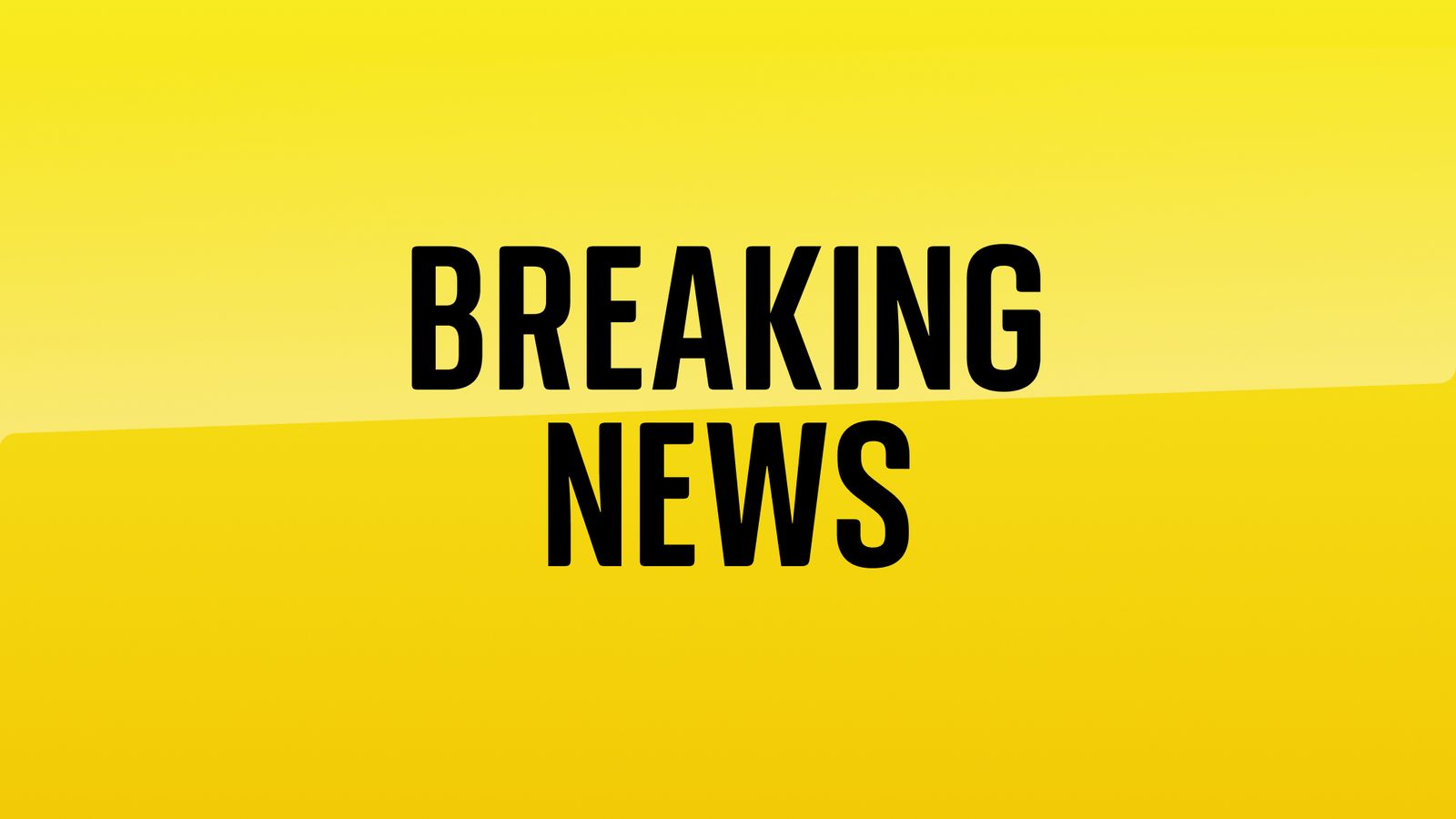The Irish government is set to announce an increase to the self-isolation period for British travellers, going up from five days to 10.
Under current rules, people arriving in Ireland from Britain must provide a negative PCR test result and then have to self-isolate at home, but can leave isolation after five days with a second negative PCR test.
The new, tougher rules will apply to partially vaccinated people – and not British travellers who are fully vaccinated.
Travellers from Ireland to Britain face no such restrictions.
Irish transport minister Eamon Ryan said this morning that the “cautious” move was to hold back the spread of the Delta variant, the dominant coronavirus variant in Britain, until the Irish vaccination programme further rolls out.
“The more we can delay its spread,” he told RTE Radio. “The better protection we’ll have.”
The presence of the Delta variant has been confirmed in Ireland, but at a much lower incidence level than in Britain.
The Irish government has serious concerns that the strain, which is at least 60% more transmissible than the original Alpha variant, could take hold and jeopardise plans for a wider reopening of society on 5 July.
The new plan for arrivals from Britain will be considered by the Irish cabinet at its usual Tuesday meeting, and official confirmation is expected this afternoon.






















